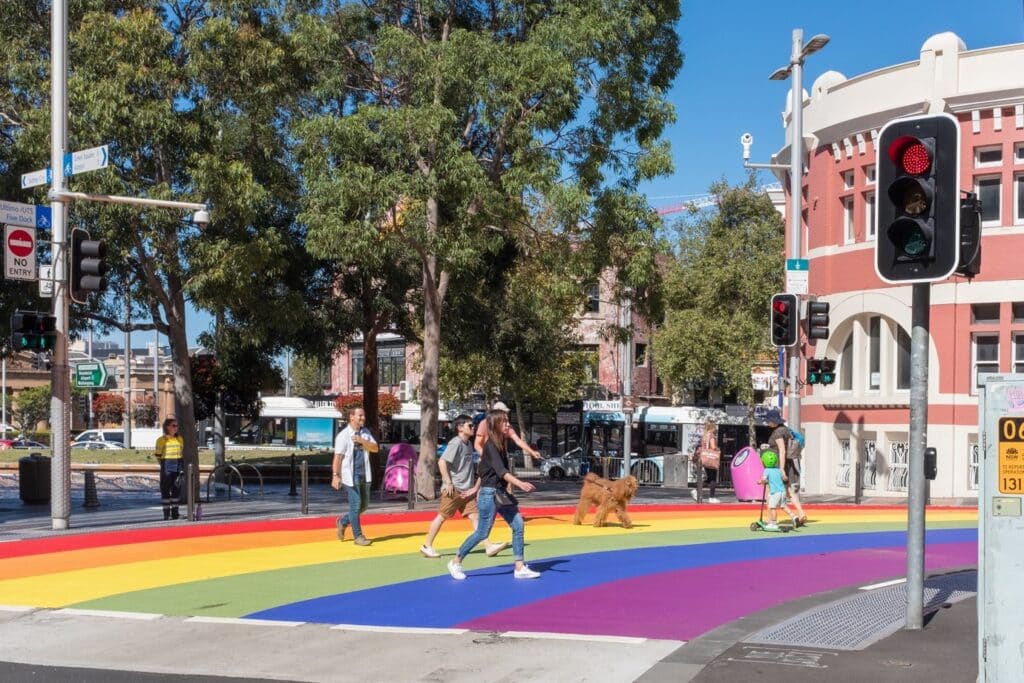Sydney’s first dedicated affordable housing project for transgender women is set to be built in Darlinghurst, in Sydney’s inner-city.
First reported by The Guardian, the project is part of the council’s excess land program, which will sell seven City of Sydney properties at a “significant discount” to Common Equity New South Wales to enable the project.
“I am proud the City of Sydney is helping to provide affordable housing to trans women, as part of a sale of surplus residential property,” Sydney Lord Mayor, Clover Moore wrote on Instagram. “Trans women are some of the most vulnerable people in our society, and often face rejection and isolation from their families of origin and the broader community.”
“Despite the progress we’ve made as a society when it comes to celebrating the contributions and achievements of LGBTIQA+ people, too many trans people regularly experience discrimination and exclusion.
“Providing safe and affordable housing for trans women is essential for their well-being. Sydney is a vibrant and inclusive city where its people and communities feel a deep sense of belonging. We want all people to feel confident in themselves.”
Partnering with All Nations Housing Co-operative, Common Equity NSW will create properties that will be made available to trans women.
In May of last year, NSW Premier Chris Minns tasked government agencies with identifying surplus land and selling them to organisations working to provide housing for those in need. This excess land scheme was part of his attempt at improving housing supply in the state.
Money raised through the sales then goes back into the city’s affordable and diverse housing fund that provides grants for future housing projects.
Meanwhile, a further two properties in Potts Point are also being sold by the city to the B Miles Women’s Foundation for housing for women with complex needs.
Homelessness for all women, particularly older women, in New South Wales is a massive issue. Last year’s census delivered shocking statistics showing a 48 per cover rise in homelessness for women, with a massive 78 per cent rise for women aged 65 to 74.
Domestic and family violence is one of the main drivers of homelessness, with the latest data from Homelessness NSW showing that, in 2020 and 2021, only 3 per cent of women fleeing violence received the long term housing they needed.
Homelessness NSW Trina Jones has told Women’s Agenda that the state “is the second lowest funded service system in the country and has the second highest rate of homelessness.”
This is “because they physically do not have enough people and resources to help the volume of people who need support,” she said.


